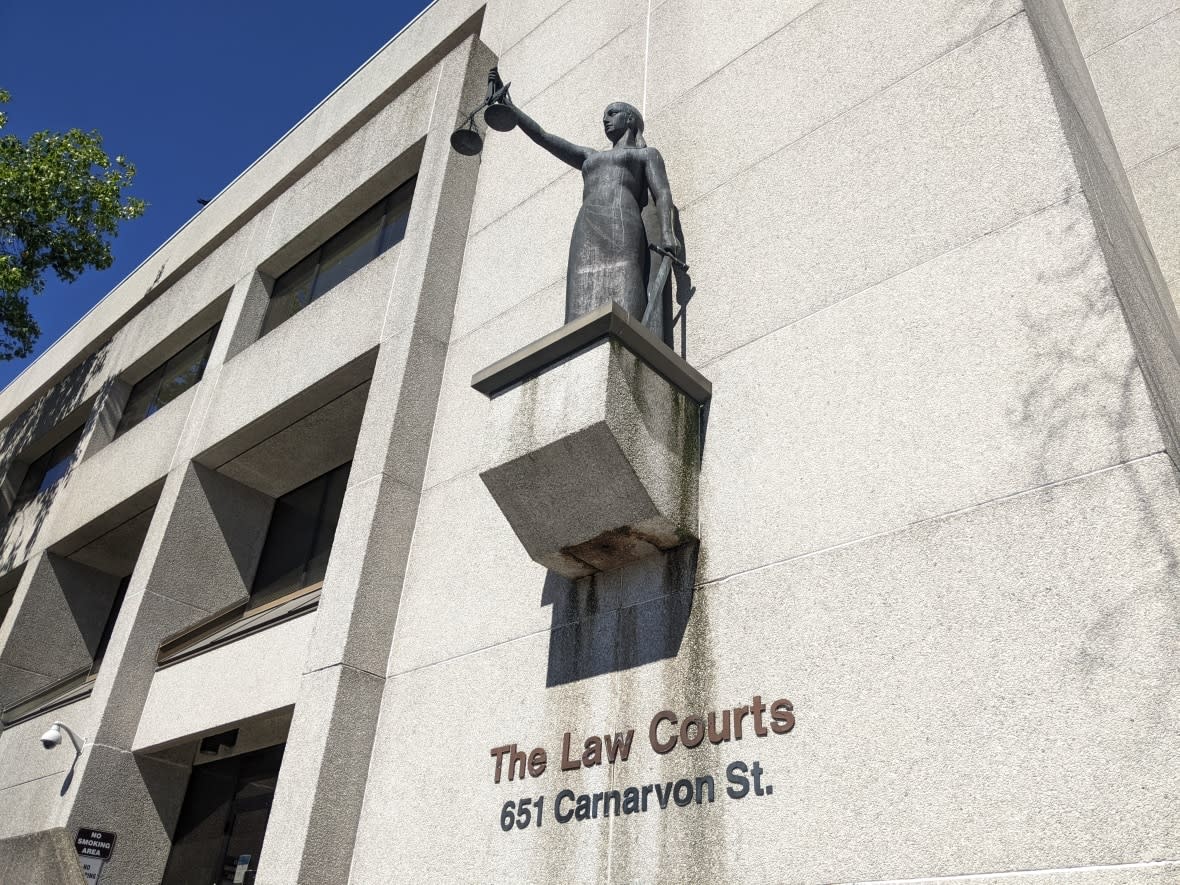Government lawyers in B.C. fight for right to form their own union following newly tabled bill

The B.C. Government Lawyers Association (BCGLA) is speaking out against the newly tabled Bill 5, which will allow government lawyers interested in unionizing to join the Professional Employees Association (PEA) for government-licensed professionals, but does not allow them to form their own union.
"It's not up to employers or governments to choose unions," said Gareth Morley of the BCGLA, the association representing government civil lawyers in the province.
"It's up to the workers involved to decide whether they want to join a union and if so, which one they do."
The bill, tabled by B.C.'s finance minister Katrine Conroy on Thursday, amends the Public Service Labour Relations Act to include civil lawyers who write legislation, advise the province, and represent the government in child protection matters.
The act defines bargaining rights for employees with the government, including government staff and health-care professionals, like nurses.
Without the amendment, government civil lawyers are prohibited from joining a union; with it, nearly 300 lawyers with the BCGLA would be eligible to join the PEA, a union for public service professionals including teachers, engineers and foresters.
However, 70 per cent of BCGLA members have voted to form their own union.
"I can speak for pretty much everybody [in the BCGLA] ... that nobody wants to be told what to do by the government about who represents them," said Morley, adding the proposed bill sets back 10 years of unionizing efforts.
They're now calling on the provincial government to change the bill and recognize the BCGLA as the exclusive bargaining unit for government civil lawyers.
"We want the chance to talk to the government about our working conditions, just like anyone else would."
Government lawyers 'have the same rights as everyone else': BCGLA
Morley says the BCGLA applied for union certification with the Labour Relations Board (LRB) in November, arguing they "have the same rights as everyone else under the Labour Relations code."
During that process, Morely says the association and province were required to share their arguments for or against certification. The LRB would make the final decision.
Morley says if the new bill passes, the LRB won't be able to certify their union application, and the association's only option would be to challenge the legislation for being unconstitutional.
In a written statement to CBC, Conroy did not address questions about whether they opposed members forming their own union, or about the BCGLA's comment over Bill 5 being unconstitutional, but said the ministry supports the BCGLA's right to collective bargaining.
"This amendment clears an important space for them to do so under the Public Service Labour Relations Act and recognises their Charter right to exercise freedom of association," the statement reads.
The statement also says the LRB matter is a separate process the legislation does not interfere with.
Roadblocks against unionizing not a surprise
Kevin Marks, president of the B.C. Crown Counsel Association — the union organization representing prosecutors in the province — says the challenge his colleagues are going through is not a surprise.
He says the province's prosecutors struggled to form their own union in the 1990s, and faced opposition until they were recognized in 2000 under the Crown Counsel Act.
"We took matters into our own hands and we did stage a two-day walk-up [in 2000] … but this is when the government agreed to amend the Crown Counsel Act," Marks said.
He also says they were first encouraged to join the PEA but felt the organization couldn't address their specific concerns.
"Everyone in Canada has a right to freedom of association," Marks said.
"[If the government] says,'No, you have to join this other union or you can't join a union at all' … That's against the Charter of Rights because it's against freedom of association."


